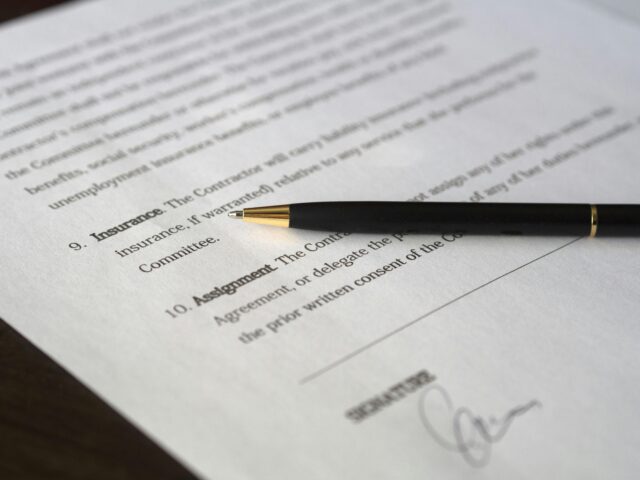Moving to a new country is an exciting adventure, but it also requires careful planning and organization. Canada, known for its welcoming communities, is a popular destination for many immigrants. To ensure a smooth transition, it’s essential to gather all the necessary documents well in advance. This comprehensive guide will help you understand which documents you need to collect before making the big move to Canada. Moving to Canada involves several steps, each requiring specific documentation. Whether you’re moving for work, study, or family reasons, having the right documents will help you navigate the immigration process smoothly and settle into your new life with ease.

-
Personal Identification Documents
These documents are important for proving your identity and must be kept up-to-date and easily accessible:
- Passport: Ensure your passport is valid for at least six months beyond your planned arrival date in Canada. If it’s close to expiring, renew it before you start your immigration process.
- Birth Certificate: A certified copy of your birth certificate may be required for various applications and registrations in Canada.
- National ID Card: If your country issues national ID cards, bring this along as an additional proof of identity.
- Marriage/Divorce Certificates: If applicable, you may need these documents to prove your marital status for various legal and immigration purposes.
-
Immigration Documents
These documents are specific to your move and will be required by Canadian immigration authorities:
- Visa/Permit: Depending on your situation, you may need a work permit, study permit, or a permanent resident visa. Ensure you have the original documents and keep copies.
- Confirmation of Permanent Residence (COPR): For those moving as permanent residents, this document confirms your status and is necessary for entry into Canada.
- Letter of Introduction: If applicable, this letter is provided by the Canadian immigration office to introduce you to the border services officer upon arrival.
- Biometrics: Some applicants need to provide biometrics (fingerprints and photo). Keep your biometric instruction letter and receipt.
-
Financial Documents
Proof of financial stability is often required to ensure you can support yourself and your family upon arrival:
- Bank Statement: Recent bank statements (typically the last six months) showing your account balance and transaction history.
- Proof of Funds: Documentation that demonstrates you have sufficient funds to cover your expenses in Canada. This could include savings accounts, fixed deposits, or other liquid assets.
- Employment Letter: If you have a job offer in Canada, a letter from your employer detailing your position, salary, and start date.
-
Educational and Professional Credentials
These documents will be essential if you’re planning to work or study in Canada:
- Educational Certificates and Transcripts: Originals and certified copies of your degrees, diplomas, and transcripts.
- Professional Licenses and Certificates: If your profession requires certification or licensure, bring all relevant documents.
- Credential Assessments: For certain professions, you may need to have your credentials assessed by a recognized Canadian organization.
-
Health and Medical Records
Maintaining your health is crucial, and having the right medical documents can ease the transition:
- Medical Exam Results: Depending on your visa type, you may need to undergo a medical examination by an approved physician.
- Vaccination Records: Up-to-date vaccination records for you and your family members.
- Health Insurance: Proof of private health insurance coverage, especially if your public health coverage will not start immediately upon arrival.
- Prescriptions: Copies of any current prescriptions and a letter from your doctor explaining any ongoing medical treatments.
-
Miscellaneous Documents
Additional documents that can assist with your transition include:
- Driver’s License: An international driver’s permit (IDP) or a valid driver’s license from your home country.
- Reference Letters: Letters of reference from previous employers, landlords, or other relevant parties.
- Travel Itinerary: Your flight tickets and any other travel-related documents.
- Housing Documents: Lease agreements, property purchase documents, or any other housing-related paperwork.
Gathering these documents before moving to Canada will help ensure a smooth and efficient transition. It’s important to keep both originals and copies of all documents and organize them in a secure, easily accessible manner. Proper preparation will allow you to focus on the excitement of starting a new chapter in your life in Canada.
By following this guide, you’ll be well-prepared to embark on your Canadian journey, confident that you have all the necessary paperwork in order. Safe travels and best of luck in your new home!
If you have any questions or need further assistance, feel free to reach out. We’re here to help you every step of the way on your journey to Canada!
Kindly follow us on Instagram

